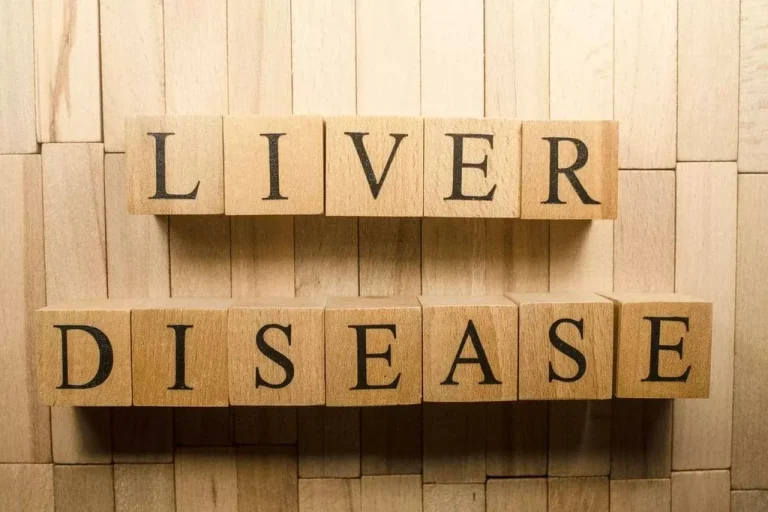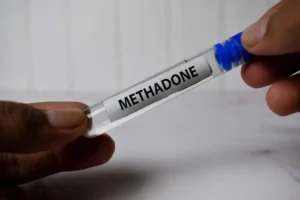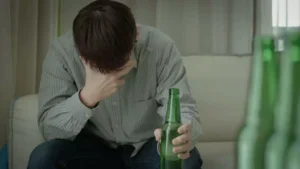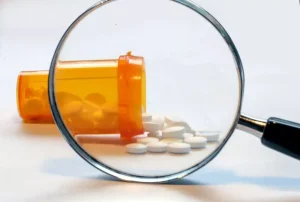
Shannon is a certified A.D.T. who has worked in different capacities at several rehabilitation centers in the state of Maryland. Shannon has a bachelor’s degree from the University of Virginia in Political Science. Prior to entering the substance abuse and mental health field, Shannon was a Corporate Executive for 18 years. When referring to powerlessness in AA, it is referring to the inability to control how much alcohol you drink. Admitting that you are powerlessness over alcohol means that you cannot and never will be able to drink alcohol in a safe manner again.
Admitting Powerlessness Encourages Acceptance
- Neglecting responsibilities and relationships is often a byproduct of addiction taking over your life.
- A person shouldn’t consider themselves weak-willed or incapable when they admit to their powerlessness, and they don’t have to do anything about their addiction yet.
- Has a love for the 12 steps, as working through them several times has helped her steer clear of addictions and grow personally and spiritually.
- This pervasive stigma is a big reason why seeking help for substance abuse, or even admitting you struggle with substance abuse, is so hard.
- Those who are trying to get sober sometimes feel ashamed if they slip up and have a drink.
- Acknowledging powerlessness over alcohol and drugs can be liberating for many people.
Attend meetings regularly, engage with your sponsor or mentor, and be open to forming connections with others in recovery. Dominica has attended both Alcoholics Anonymous and Codependents Anonymous meetings over the years and appreciates the support she’s received. She’s got a deep-rooted passion for helping others heal emotional pain and trauma, powerless over alcohol as her own journey through love addiction has served as a catalyst for her own healing and transformation. Has a love for the 12 steps, as working through them several times has helped her steer clear of addictions and grow personally and spiritually. Those who are trying to get sober sometimes feel ashamed if they slip up and have a drink.
Accepting Limitations and Vulnerability
- The accountability and encouragement in meetings and therapy break the power of secrecy where addiction thrives.
- You do not have the capacity to use any addictive substance in moderation.
- Mark joined the medical team at The Freedom Center in September 2018 as the Medical Director.
- The first step to recovery, according to Alcoholics Anonymous (AA), is to admit that you are powerless over alcohol and that your life has become unmanageable.
By seeking help for alcohol addiction in Step 1 of AA, you admit that you’re powerless to stop drinking on your own. Your counselor can help you learn strategies to stop drinking and can be one of the people you reach out to when you are struggling. The impact of drugs and alcohol on your body over time renders your natural brain functions and mechanisms powerless. To acknowledge the way these substances have impacted https://ecosoberhouse.com/ your life is to admit that alcohol and drugs have made your life unmanageable and you can’t fix it on your own. There is an instructive, and important, wrinkle here, illustrated by the sibling Twelve Step program of Al-Anon. When the early recovering alcoholics met, their wives began congregating around the kitchen table wondering how the Twelve Steps might heal some of their wounds and often resentful behavior.
Recovery Advocacy

Because the journey to sobriety is full of forward steps and backward ones, it may be necessary for some people to return to this step multiple times. The path to recovery is rarely a straight line, but a series of twists and turns. You may be powerless over the effects of substance abuse, but choosing to be better every day is where that power returns. It is admittedly off-putting to think of yourself as “powerless.” Many people see asking for help to overcome a particular struggle as a sign of personal failure.

My name is Ashlyn Jacob and I’m a licensed master’s social worker. I have over four years of experience helping individuals, couples, and families navigate life’s challenges, including mental health issues, addiction, trauma, grief, and other issues individuals may experience. I have experience working in psychiatric hospitals, inpatient, outpatient, detox, and partial hospitalization programs providing clinical social work services. My approach to therapy is grounded in compassion, empathy, and a deep understanding of the unique experiences and perspectives of each of my clients .
What does unmanageable mean?

It’s like finally admitting you’re lost and asking for directions – it’s the first step towards finding your way. When we embrace powerlessness, we develop resilience and humility. By acknowledging that we cannot control everything in our lives, we learn to adapt and bounce back from challenges with strength and grace. This resilience allows us to navigate the ups and downs of recovery with greater ease, knowing that we have the inner resources to overcome obstacles.
Step Series
Bunmi is a recent graduate of the University of Maryland, Baltimore County, where she earned her bachelor’s degree in Psychology with a concentration in Human Services. Bunmi is dedicated to helping her clients reach their full potential and build their toolkit of resources to support their long-term recovery. In conclusion, embracing powerlessness in sobriety is a vital aspect of the recovery journey. It involves acknowledging and accepting that addiction is a complex force that cannot be controlled or managed through sheer willpower.
- Recovery is possible, and it opens the door to a life filled with possibilities that may have seemed out of reach while in the throes of addiction.
- Clients get feedback from their community members, which allows them to be both challenged and supported.
- Erin decided to switch careers and went back to school to obtain her Addiction Counseling certification.
- This is different from the inability to manage one’s life, which is what most people think of when they hear the word unmanageable.

Growing up in a household where substance abuse is normalized, living in a community with easy access to drugs, or experiencing peer pressure can all contribute to the likelihood of developing an addiction. It’s like trying to stay dry in a rainstorm without an umbrella – possible, but incredibly challenging. The biological underpinnings of addiction are fascinating and frightening in equal measure. Our brains are wired to seek out pleasurable experiences, and substances like drugs or alcohol can flood our neural pathways with feel-good chemicals like dopamine.
